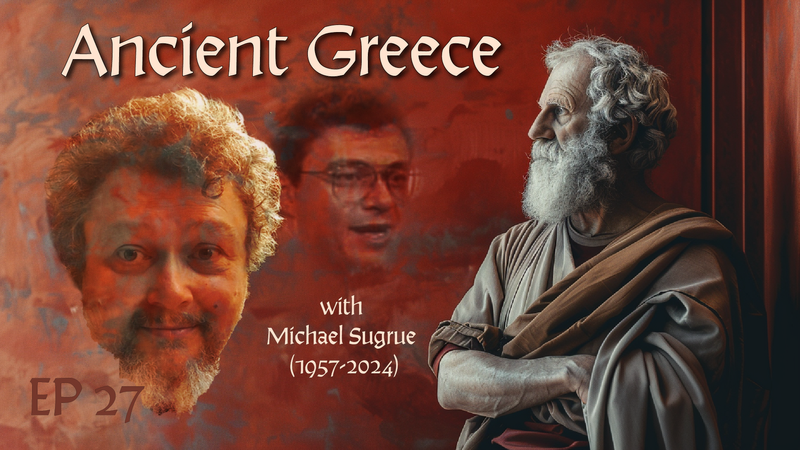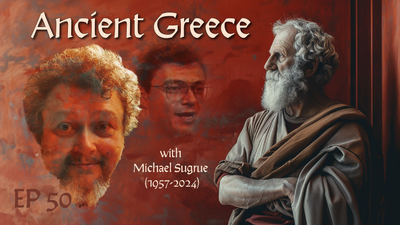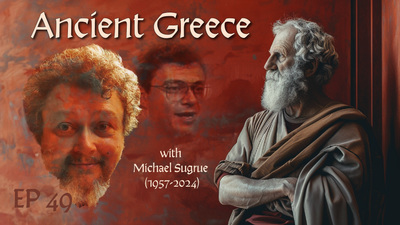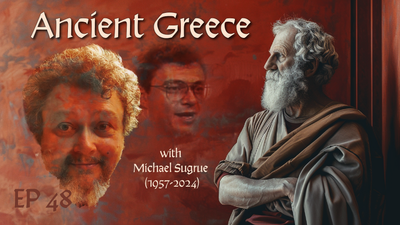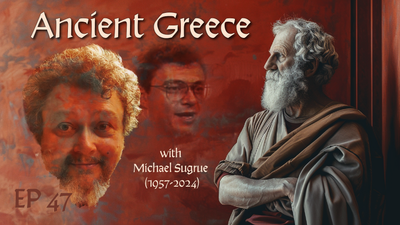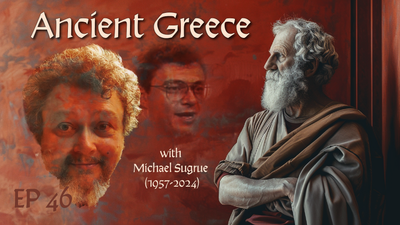Amid today’s constant changes, there’s a quiet reassurance in looking back to ancient wisdom, especially Plato’s. His work captures timeless questions: What does it mean to live well? How should we balance personal ambition with the collective good? These questions echo across generations, reminding us that wisdom is never outdated. Plato’s dialogues serve as philosophical bridges between eras, blending the spirit of Greek thought with challenges that still resonate today.
As we explore these timeless ideas, we invite you to think of planksip.org as a modern-day agora—a space for dialogue, reflection, and philosophical growth. The digital age gives us the tools to personify Plato’s wisdom, bringing ancient ideals into a lively, contemporary exchange. Imagine Plato himself as an interactive, ever-evolving figure, a guide through our inquiries and reflections. It’s this sense of philosophical companionship we’re cultivating at planksip.org, where anyone can connect with the classical ideals of beauty, truth, and goodness.
Our journey here is not just about reading Plato but living his ideals in ways that fit our unique times. So, let’s dig deeper into these ideals, challenging ourselves and each other to embody the best of what ancient wisdom can offer, not just as a memory but as a transformative force in our lives today.
From the Archives of Ancient Greece: Featuring Dr. Michael Sugrue
This week, we’re excited to spotlight Dr. Michael Sugrue’s insights into one of Plato’s most thought-provoking sections, Book VII of the Republic, where the allegory of the cave asks us to examine what we know—and what we think we know. Sugrue masterfully unpacks the allegory, explaining that the journey from darkness into light is more than just a metaphor; it’s a call to courage, a reminder that personal growth often means leaving behind the familiar and venturing into the unknown. Think of how often we cling to our “shadows”—our assumptions, habits, and comfortable narratives—avoiding the discomfort of true self-discovery.
Sugrue offers an inspiring take on how the cave experience relates to our modern lives, particularly in an era defined by echo chambers and algorithms. Today, it’s easy to stay within our “caves,” where our beliefs are constantly reinforced, making Plato’s call to seek out the truth, even when it challenges us, more relevant than ever. Sugrue suggests that just as Socrates led others to question their assumptions, we too need to challenge the ideas and influences that surround us, encouraging independent thought over mere acceptance.
We invite you to join this conversation on planksip.org. Imagine stepping out of your cave and engaging with ideas that challenge, inspire, and expand your perspective. It’s a community space where Dr. Sugrue’s thought-provoking interpretations come alive in discussions, as you, like Plato’s philosopher, venture into the light of understanding.
Insights from the Dialogues: Quoting Plato
"The soul of the philosopher will be willing to dwell only in that place where the divine is loved and lived." (Republic, 517b)This passage is a profound reminder that philosophy is, at its core, a way of life. For Plato, the philosopher isn’t just an intellectual; they’re a seeker of the divine qualities embodied in beauty, goodness, and truth. To love and live in such a place requires more than mental exercise—it demands a personal commitment to growth, self-reflection, and service to the community.
Consider how this applies in the everyday. Think about the times when choosing integrity or compassion meant sacrificing immediate gain or social approval. That’s Plato’s challenge: to orient ourselves toward higher ideals even when it’s difficult. For example, if you find yourself in a competitive work environment, there’s a temptation to follow the crowd, possibly at the cost of personal principles. Plato would argue that it’s the philosopher’s duty to live by the values of truth and goodness, to stand as a beacon of ethical clarity in the fog of societal pressures.
As we explore these ideas together, we encourage you to bring your reflections to planksip.org. Share your interpretations of Plato’s philosophy, and consider what it means to dwell in a space where the divine—the timeless ideals of beauty and truth—is part of daily life. Let’s cultivate a community of thoughtful, philosophical living.
Chance and Fate: Exploring Ancient Games
In ancient Greece, the game of knucklebones, or astragali, was more than just play—it was a way to confront the unpredictable nature of life. Each throw of the knucklebones echoed the uncertainty and spontaneity that governs our experiences. Think of a time when life took an unexpected turn. Like the throw of the knucklebones, sometimes outcomes defy our control, leaving us to respond with courage and adaptability.
Explore the Mystical World of Astraguli: Ancient Games of Chance with Cultural Significance.
Plato reflects on similar ideas in his dialogues, emphasizing that while we can’t control everything, we have the power to shape our response. Imagine you’re faced with a career change, a shift in a relationship, or a sudden challenge—much like an unexpected roll in the game of knucklebones. In these moments, Plato’s wisdom reminds us that while fate may determine our circumstances, our response lies within the domain of personal choice.
Explore this metaphor further on planksip.org, where we’re reimagining how Plato’s philosophy can help us face life’s uncertainties with grace. Like the ancient Greeks, we can learn to approach the unexpected as an opportunity for growth and self-discovery, taking each roll of the knucklebones with resilience and perspective.
Virtues Revisited: Practical Lessons for Today
This week, let’s delve into the virtue of Prudence (phronesis), often translated as practical wisdom. Prudence is the virtue that helps us make choices with clarity, weighing both immediate needs and long-term consequences. Imagine you’re at a crossroads, facing a decision with far-reaching implications—prudence is the inner compass that guides us toward the wisest path.
In our world of constant information overload, prudence helps filter what truly matters. For instance, when reading news or hearing opinions, prudence encourages us to pause, question, and evaluate before forming conclusions. It’s about thoughtful decision-making, whether in personal relationships, career choices, or social interactions. In each case, prudence keeps us grounded, helping us act with integrity and foresight.
Join us on planksip.org to share how prudence influences your decisions. What does it mean to practice prudence in a fast-paced, often chaotic world? Together, we can explore how to cultivate this virtue, drawing strength from Plato’s insights to navigate life’s complexities with wisdom and balance.
Engage with Us: Reader’s Corner
Last week, we discussed the Greek ideal of kalos kagathos, the fusion of beauty and goodness. Many of you shared inspiring reflections on how this concept resonates today. Emily, one of our readers, wrote, “For me, the idea of kalos kagathos is embodied in acts of kindness, where a simple gesture reveals a hidden beauty in the world.” Her words remind us that beauty often lies in the subtle, unspoken moments of everyday life.
For this week’s theme on prudence, we invite you to share your stories of wise decisions—moments when careful thought led to lasting outcomes. How has prudence shaped your journey, whether in a simple decision or a life-altering choice? We’d love to feature your reflections in our next issue, fostering a shared dialogue on the pursuit of wisdom in our lives.
Head over to planksip.org and join the conversation. Your insights fuel our community, making this exploration of ancient wisdom a shared adventure.
Closing Reflection: Socrates’ Enduring Legacy
Socrates left us not only with a legacy of questions but with a model of living authentically. His commitment to truth was unwavering, even in the face of death, and his life serves as a reminder of the courage it takes to stay true to one’s beliefs. In a world that often prizes convenience over principle, Socrates challenges us to consider what we’re willing to stand for, even when it’s uncomfortable.
Imagine a world where questioning is embraced, where seeking understanding is valued over winning debates. This is the vision we hold at planksip.org, a community rooted in Socratic inquiry and the pursuit of knowledge. As you reflect on Socrates’ legacy, consider what questions you might bring to the table. Together, let’s explore how his ideals continue to shape the way we live, learn, and grow.

Plato Re-Imagined
This course offers 32 comprehensive lectures exploring most of Plato's dialogues. These lectures guide students toward a consilient understanding of the divine—a concept that harmonizes knowledge across disciplines and resonates with secular and religious leaders. As a bonus, Lecture #33 focuses on consilience, demonstrating how different fields of knowledge can converge to form a unified understanding.

